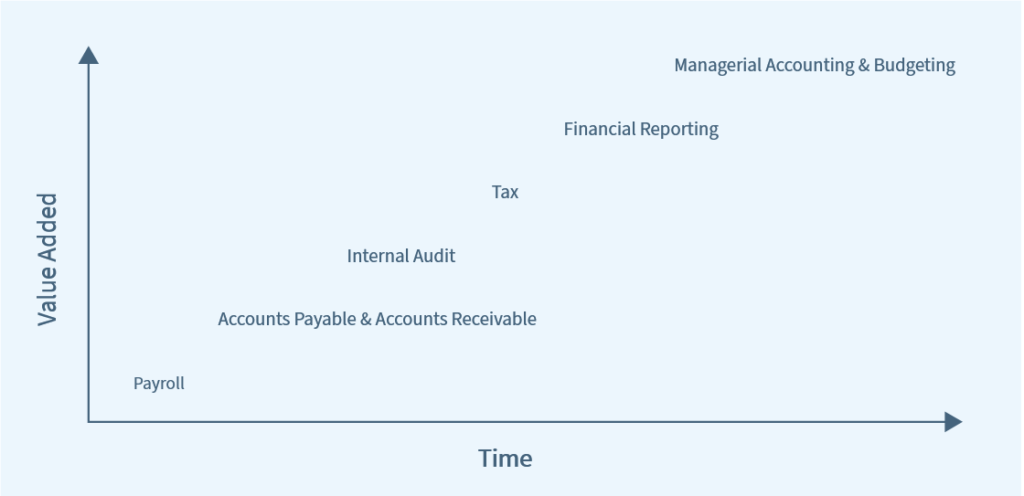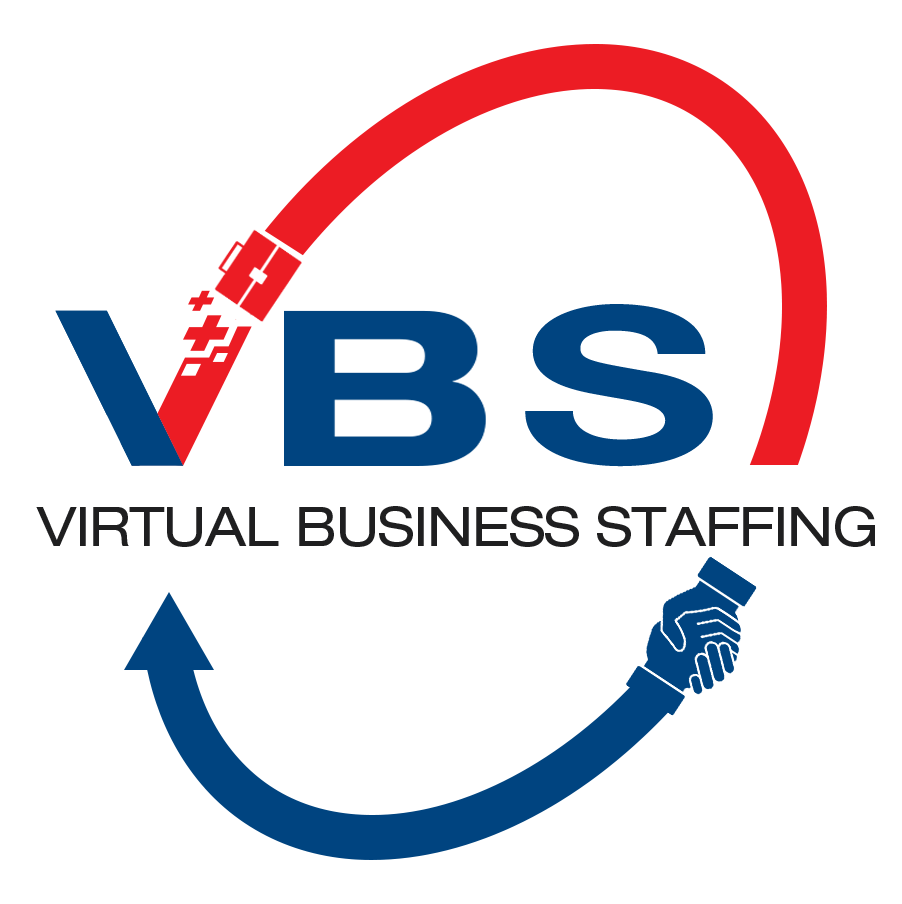BOOKKEEPING Outsourcing to the Philippines
Outsource your accounting and bookkeeping services to the Philippines
Ready to build your finance team by outsourcing bookeeping to the Philippines? Here’s what you need to know…
Your finance and accounting team manages your day-to-day and long-term money operations and strategy. They look after everything from your incoming and outgoing payments, budget creation and tracking, cash-flow management, financial reporting, tax and compliance and many more tasks related to your company’s finances.
Traditionally, the function has had more of a data-entry and reporting-driven focus, which is why outsourcing accounting to the Philippines is an ideal solution. According to Deloitte’s 2016 Global Outsourcing and Insourcing Survey, finance and accounting services (including bookkeeping services in the Philippines) presented the highest future opportunities for outsourcing growth.
Where are all the bookkeeping specialists?
Recent advances in technology have led a shift to cloud-based accounting platforms, like Xero, which is increasing demand for qualified finance professionals who also possess specialized IT, business and analytical skills.
These skills have allowed the accounting function to become more of a business partner, using real-time data access and cloud-based platforms to provide accurate, timely, strategic advice that drives business growth. Companies need to know which financial data is critical to track in each business unit, and how to generate meaningful reports from it that can inform management strategy.
However as the capabilities in finance and accounting grow, the industry is experiencing an ongoing shortage of good quality candidates with enough suitable experience. It’s becoming more expensive and difficult to recruit locally, especially at mid-management level, as talent with highly specialized skills are presented with lucrative opportunities elsewhere.
What are the benefits of hiring a finance team with bookkeepers outsourced to the Philippines?
The most immediate and obvious benefit will be the difference in cost. Outsourcing your bookkeeping services to the Philippines, along with other finance and accounting roles, can offer savings of up to 70% on wages and occupancy costs. But the greatest benefit to your business will be related to your improved capacity to access and interpret high-quality data and reporting.
With a qualified finance and accounting team, skilled in dynamic financial tracking and reporting tools, you can grow your company quickly and sustainably. The workforce in the Philippines is known for its tech competency and attention to detail, operating in a fiscal and financial system almost identical to conditions in the West. In fact, the Philippines is currently one of the most dynamic economies in the East Asia region, with sound economic fundamentals and a globally recognized competitive workforce.
By outsourcing the transaction monitoring and reporting tasks to your offshore team in the Philippines, you can generate accurate, real-time financial data on each business unit, giving you a sharper view of the organization. Additionally, its large and ever-developing talent pool (about 3,000 passed the CPA board exams in 2018 alone) allows you to build your own team with specialist members for each segment of your business. Just as importantly, the proven methodology and leading technology let you have complete control and full visibility to your business: industrial trends, profit margins, seasonal adjustments and more, giving you a far more nuanced evidence base for decision making.
So really, finance and accounting outsourcing in the Philippines just makes good business sense.
Commonly offshored finance and accounting roles
In the face of the incredible new capabilities in business strategy brought on by the tech revolution, many organizations have begun to think of their finance and accounting teams as divided into ‘the past’ and ‘the future’.
The accounting side is the past, mostly taking care of day-to-day needs like invoicing (accounts payables/receivables) and bookkeeping (managing transactions and cash flow), tax and compliance, and financial reporting and control.
The finance side typically looks to the future, using the current financial position as a starting point for strategic planning, forecasting, risk management, corporate development and strategy to foster sustainable business growth. These more strategic skills tend to be nurtured internally with onshore teams, relying on trusted data and reporting supplied by their team in the Philippines.
The most common finance and accounting positions you’ll see outsourced offshore are:
- Bookkeeper
- Accountant
- Accounts Receivable Specialist
- Accounts Payable Specialist
- Payroll Processor
- Procurement Officer
Typical finance team structure
The size of your business and the volume of work required will determine the size and structure of your finance team. Here are examples for an SME and a start-up sized business.
A finance team in small to medium enterprises is typically formed by:
- Finance Manager / Director
- Accounting Supervisor
- Payroll Supervisor (with payroll processors as needed)
- Accountants (Junior and Senior positions)
- Accounts Payable/Receivable Specialists
- Bookkeeper

You might prefer to have these offshore specialists report to an onshore Chief Financial Officer or Finance Director to oversee their work and ensure your finger remains on your financial pulse.
The usual financial processes being outsourced by businesses are accounts payable, accounts receivable, bookkeeping, payroll and accounting. These roles are more data entry-focused and manage the day-to-day financial transactions in your business.
With this in mind, a smaller start-up team could be comprised of:
- Finance Supervisor
- Accountant
- AP/AR Specialist
- Payroll Specialist
- Bookkeeper

Again, you’d want to look at employing a local senior account or finance officer to oversee their work, manage communication, and lead any new business strategy direction.
As time progresses, your offshoring strategy may evolve to take on more finance activities (as per the example provided):
Evolution of the offshoring of finance activities overtime

It’s important to have a range of skills and experiences in your team to reap the full benefits and power of their expertise from the day they start. These specialists can begin to look for patterns and trends, and report back to you on potential efficiencies or opportunities for growth. It won’t be long before your team is delivering cost-savings to your business that your CFO can then incorporate into your growth strategy!
Now, let’s take a look at how a well-established start-up finance and accounting team could work together, reporting to an onshore Chief Financial Officer. Even in a small team, a collection of specialist skills can ensure that your company’s basic day-to-day financial management, compliance and reporting is competently managed so you can spend more investing in strategic planning capabilities.
Finance and accounting team supervisor
An offshore Finance Supervisor leads the finance and accounting team, overseeing the management of all monetary transactions and tax and regulatory requirements. They’ll produce regular financial reports and cash-flow statements and report to the onshore Chief Financial Officer.
Accountant
Running a business means paying taxes and complying with government regulations. Generally, it’s an accountant’s responsibility to ensure all tax payments and reporting is in compliance with the relevant government regulations. Accountants may also contribute to budgeting and forecasting, and the interpretation of financial data to improve financial systems, reporting, and business strategy. As such, they might work closely with all team members.
Outsourced accountants in the Philippines could be generalist or specialist.
AP/AR specialists
The accounts payable specialist keeps on top of all the bills, like office rent, electricity, and utilities, ensuring all company vendors are paid in full on time. They process invoices and manage relationships with creditors.
The accounts receivable specialist collects payments from customers and clients for the goods and services provided. This also requires a level of relationship management, as they are tasked with following up overdue invoices to ensure payment is made within the terms outlined.
It is best practice to separate these duties to prevent opportunities for financial fraud. However, both roles will likely work together to ensure that enough funds are being collected from customers to meet expenses/liabilities.
Payroll processor
The payroll processor manages the administration and payment of all salaries, wages, bonuses and deductions, like tax and superannuation. Depending how your team is structured, they may have a direct relationship with HR for when new appointments, promotions, or employee departures need to be processed.
Bookkeeper
A clean, clear, and current general ledger ensures all business transactions (sales and expenses) are accurately recorded and managed. It’s important that all transactions are up to date as the general ledger is the main source for the company’s financial reports. Bookkeepers interact with the AR and AP specialists to ensure that all inputs and outputs are accounted for. You’ll soon find that your bookkeeping service in the Philippines is essential for the day-to-day running of your business and finance team.
Interested in recruiting an offshore finance team or outsourcing accounting to the Philippines?
Since our inception in 2006, Virtual Business Staffing has become one of the biggest managed operations providers in the Philippines. With over 4,000 employees, 6 delivery centers and close to 200 clients, we can help you build a dedicated team in the Philippines, regardless of the roles and level of specialization you require. We have more than 3,000 finance and accounting professionals in our candidate database, and we’ve employed more than 260 accounting and finance professionals for our clients since 2006.
Our finance and accounting specialists are educated to international standards and are trained in your local tax and compliance laws, so you don’t have to worry about unreliable data or inexperienced employees missing the boat on regulatory requirements.
Whether you need bookkeeping services in the Philippines or a whole finance and accounting team, we can help. Book a free consultation to discuss your company’s needs. You could have an offshore finance and accounting team set up in the Philippines in as little as 6 weeks. Or request a Job Costing & Salary Matrix of current Philippines salaries for different levels of experience (Junior, Intermediate and Senior Roles), to see what your planned team would cost.
